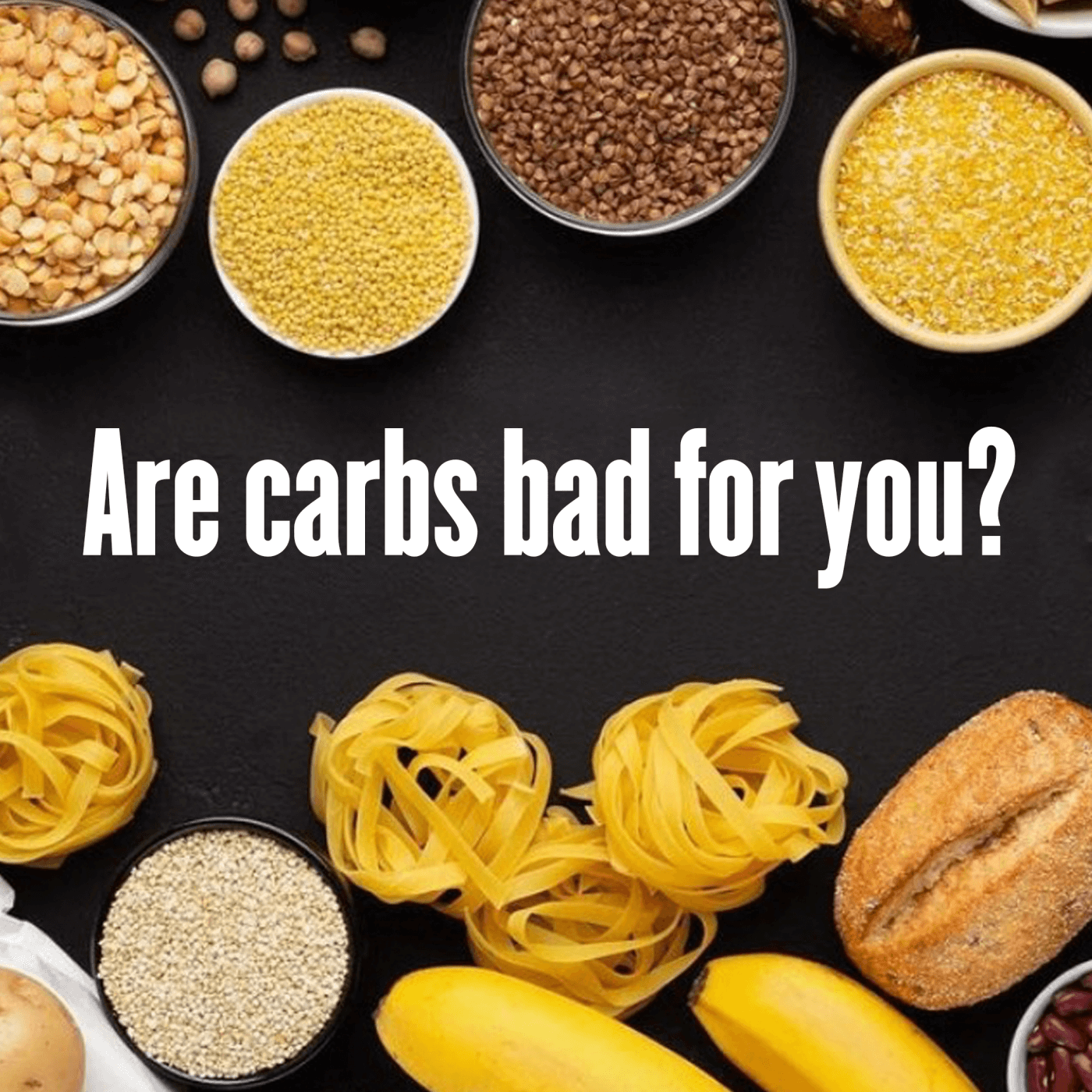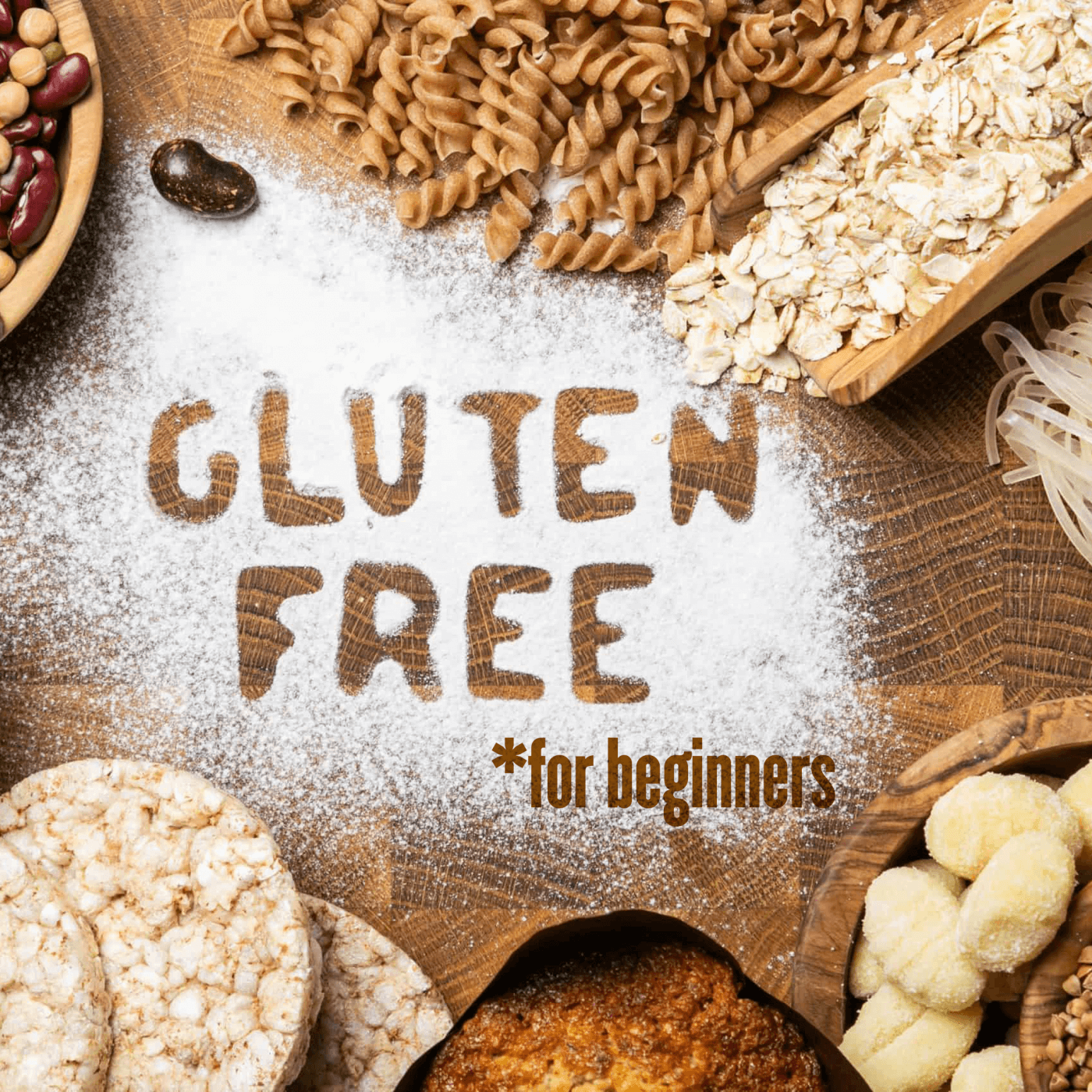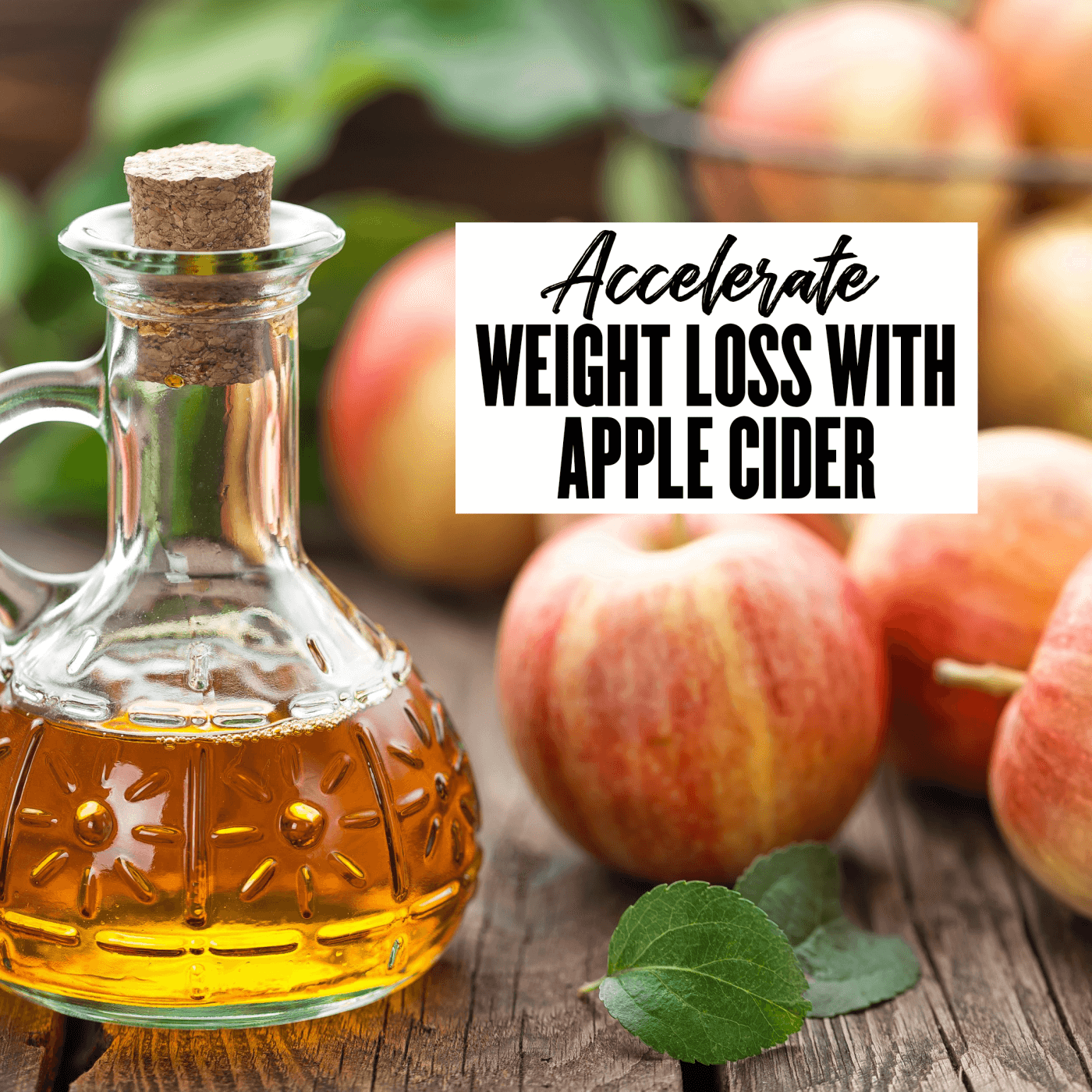
Are Carbs Bad For Me? Navigating the Good vs Bad
Jason Nista
Nutrition
|
Healthy Recipes
|
Weight Loss
14 minute read
"Are carbs bad for me?" This is one of the most common questions asked by health enthusiasts, fitness freaks, and people who are trying to lose weight. Carbohydrates have earned a bad reputation in recent years thanks to the popularity of low-carb diets. But are carbs really the enemy? In this article, we'll take a deep dive into the world of carbohydrates and find out whether carbs are good or bad for you. So, sit tight and get ready to learn everything you need to know about carbs.
What are carbohydrates?
Carbohydrates, or carbs for short, are one of the three macronutrients that our bodies need to function properly. Despite their importance, carbs have gained a bad reputation in recent years. Some people think that carbs are the root cause of many health problems, from weight gain to diabetes. But what exactly are carbohydrates?
Carbohydrates are molecules made up of carbon, hydrogen, and oxygen atoms. They are the primary source of energy for the human body. When we eat carbs, our body breaks them down into glucose, a simple sugar that can be used as fuel by our cells. Glucose is stored in the liver and muscles as glycogen, which can be used later when the body needs energy.
Types of carbohydrates:
There are two main types of carbohydrates: simple and complex. Simple carbohydrates, also known as sugars, are made up of one or two sugar molecules. Examples of simple carbs include table sugar, honey, and fruit juice. Complex carbohydrates, on the other hand, are made up of long chains of sugar molecules. Examples of complex carbs include whole grains, legumes, and vegetables.
Why do carbs have a bad reputation?
Carbohydrates have earned a bad reputation in recent years, thanks to popular low-carb diets like the Atkins diet and the low carb keto diet. These diets claim that carbs are the main culprit behind weight gain and that by eliminating them from your diet, you can lose weight and improve your health. Now everybody asks the same question "Are carbs bad for me?". There is definitely more to the story and there are many misconceptions when we talk about carbs and their impact. Fruits, vegetables, and whole grains are packed with essential vitamins, minerals, and fiber that your body needs to function properly. It's the type of carbs that matter, not the amount. Highly processed carbs like white bread, pasta, and sugary drinks are the ones you should avoid, as they provide little nutritional value and can lead to health problems like obesity, diabetes, and heart disease.
Are carbs bad for me?
Carbohydrates are a macronutrient that has been in the spotlight for many years. Many people believe that carbs are the enemy and that they should be avoided at all costs. However, the truth is not as simple as that. While some carbs can be harmful to your health, others are essential for your body to function properly.
The good vs. bad carbs debate:
Carbohydrates are not created equal. Some carbs are nutrient-dense and provide essential vitamins, minerals, and fiber that your body needs to function properly. These are called good carbs. Examples of good carbs include fruits, vegetables, whole grains, and legumes. On the other hand, there are bad carbs, which are highly processed and provide little nutritional value. Examples of bad carbs include white bread, pasta, sugary drinks, and candy. When it comes to carbs, it's the type that matters, not the amount.
How carbs affect your body:
Carbohydrates are the primary source of energy for your body. When you eat carbs, your body breaks them down into glucose, which is then used by your cells as fuel. However, not all carbs are processed the same way by your body. Simple carbs, like table sugar and white bread, are quickly broken down into glucose, causing a spike in blood sugar levels. This can lead to a crash in energy levels and feelings of hunger. Complex carbs, like whole grains and vegetables, are processed more slowly by your body, providing a steady stream of energy throughout the day. Carbs also play a role in insulin production. When you eat carbs, your body produces insulin, a hormone that helps regulate blood sugar levels. Eating too many bad carbs can lead to insulin resistance, which can cause diabetes and other health problems.
In conclusion, carbs are not inherently bad for you. It's the type of carbs that matter. Eating a diet rich in good carbs can provide essential nutrients and energy for your body while avoiding bad carbs can help prevent health problems like obesity, diabetes, and heart disease.
What foods are high in carbohydrates?
Carbohydrates are an essential macronutrient that provides energy to our bodies. However, not all carbs are created equal. Some carbs are healthy, while others can be harmful to our health. In this section, we'll explore which foods are high in carbohydrates and which ones you should include in your diet.
Foods to avoid:
Many of the foods that we eat today are high in carbohydrates, but not all of them are good for us. Processed foods like white bread, sugary drinks, candy, and pastries are high in bad carbs and should be avoided or consumed in moderation. These foods can cause a spike in blood sugar levels, which can lead to a crash in energy levels and feelings of hunger. Additionally, these types of foods are often high in calories, which can lead to weight gain and other health problems.
Foods to include in your diet:
The key to a healthy diet is to include wholesome foods that are rich in good carbs. Some examples of good carbs include fruits, vegetables, whole grains, legumes, and starchy vegetables like sweet potatoes and corn. These foods are high in fiber, vitamins, minerals, and antioxidants, which can help keep you healthy and prevent disease. For example, whole grains like brown rice, quinoa, and oats are a great source of complex carbs, which provide a steady stream of energy throughout the day. Fruits and vegetables are also packed with good carbs, as well as other essential nutrients that your body needs.
It's important to choose the right types of carbs when planning your meals. Avoiding processed foods and including wholesome foods like fruits, vegetables, and whole grains in your diet can provide essential nutrients and energy for your body while helping you maintain a healthy weight and prevent disease.
How many carbs should I eat?
The amount of carbs you should eat depends on a number of factors, including your age, gender, weight, height, activity level, and even whether you want to lose weight or not. In general, the recommended daily intake of carbs is around 45-65% of your total calorie intake. For example, if you consume 2,000 calories a day, you should aim to get between 900-1,300 calories from carbs. This translates to about 225-325 grams of carbs per day.
However, this is just a general guideline, and the number of carbs you need may vary depending on your individual needs. For example, if you are an athlete or someone who exercises regularly, you may need more carbs to fuel your body. On the other hand, if you are trying to lose weight or manage diabetes, you may need to limit your carb intake.
It's also important to consider the type of carbs you are eating. As we mentioned earlier, not all carbs are created equal. Choosing the right types of carbs, such as those found in fruits, vegetables, and whole grains, can provide essential nutrients and energy for your body while avoiding highly processed carbs like white bread and sugary drinks can help prevent health problems.
Is eliminating all carbs for weight loss a good idea?
Eliminating all carbohydrates from the diet for weight loss can be a controversial approach with both potential benefits and drawbacks. On the positive side, drastically zero carb foods intake can lead to rapid initial weight loss, as the body depletes its stored glycogen and sheds water weight. Additionally, low-carb diets can help regulate blood sugar levels and control hunger, leading to reduced calorie consumption. However, completely cutting out carbs may not be sustainable or healthy in the long term.
Here's why...
YOU ARE HANGRY!
This is not a good look on anybody. Your body first feeds off of carbs for energy. They're so important for energy, in fact, that 90 percent of your brain's fuel comes from carbs. So when you cut them out, it affects your mood. Making you super hungry and angry (“hangry”) which prompts you to lose self-control around food and eat everything in sight. A balanced diet in whole grains combined with lean protein and healthy fats will help stabilize your mood and ward off hunger.
YOU EAT TOO MUCH PROTEIN AND FAT
Getting enough protein in your diet can help you lose weight, and it's an important macronutrient that will help you build lean, fat-burning muscle mass and keep you full. But when people use no carb foods, that leaves only two macronutrients: Protein and fat. And as good as protein is for you, it's not a free-for-all. Healthy fats such as omega-3s are anti-inflammatory and help you feel satiated, but it is possible to have too much of a good thing also.
YOU HAVE NO ENERGY
Exercise is important for heart health, longevity, and can help accelerate your weight-loss efforts. The problem when you give up carbs, however, is that you have no energy to hit the gym. Because carbs are your body's preferred source of energy, when they're gone, so are your energy levels.
IT'S NOT SUSTAINABLE
Individuals who cut out carbs completely feel miserable most of the time. The moodiness and lack of energy that comes from eliminating this important macronutrient group, is no way to live.
The reason why giving up carbs can be so effective for weight loss is because people tend to eat the wrong types of carbs to begin with. Foods like refined carbohydrates (white bread, white rice, white pasta, sugar, etc.) spike your blood sugar more than the healthier complex carbs that come from whole grains and fruit. Sticking to portioned servings of those healthy complex carbohydrates is key; depending on your level of activity, your diet should be anywhere from 40 percent to 65 percent carbohydrates.
Sure, cutting carbs can help you drop pounds in the short term. But overall, it's not a healthy or sustainable way to lose weight and keep it off. To achieve successful and sustainable weight loss, having a well-thought-out weight loss meal plan is essential. A structured meal plan can provide the necessary guidance and support to help you make healthier food choices, control portion sizes, and maintain a balanced and nutrient-rich diet.
Healthy Carb Recipes
Incorporating healthy carbs into your diet can be a delicious and satisfying experience. From sweet potatoes to quinoa and zucchini noodles to oatmeal, there are countless ways to enjoy healthy carbs in your meals. In this section, we'll provide you with a few simple yet tasty recipes that are rich in healthy carbs. These recipes are easy to make and perfect for busy weeknights or lazy weekends. So, grab your apron and get ready to indulge in some healthy and delicious carbs!
Roasted Sweet Potato and Quinoa Salad:
Ingredients:
2 cups cooked quinoa
2 medium sweet potatoes, peeled and diced
1 red bell pepper, diced
1 yellow bell pepper, diced
1/4 cup chopped fresh parsley
2 tablespoons olive oil
1 tablespoon balsamic vinegar
Salt and pepper to taste
Instructions:
● Preheat the oven to 400°F.
● Toss the sweet potatoes with 1 tablespoon of olive oil and salt and pepper to taste. Spread them in a single layer on a baking sheet and roast for 25-30 minutes or until tender and lightly browned
● In a large bowl, combine the cooked quinoa, roasted sweet potatoes, diced bell peppers, and chopped parsley.
● In a small bowl, whisk together the remaining tablespoon of olive oil and balsamic vinegar. Drizzle the dressing over the salad and toss to combine. Serve warm or at room temperature.
Zucchini Noodles with Turkey Bolognese:
Ingredients:
2 medium zucchini, spiralized
1 pound ground turkey
1 onion, chopped
2 garlic cloves, minced
1 (28-ounce) can crushed tomatoes
1/4 cup chopped fresh basil
1 tablespoon olive oil
Salt and pepper to taste
Instructions:
● Add the onion and garlic to the skillet and cook until softened.
● Stir in the crushed tomatoes and chopped basil. Bring to a simmer and cook for 10-15 minutes, or until the sauce has thickened.
● Meanwhile, use a spiralizer to create noodles from the zucchini.
● Add the zucchini noodles to the skillet with the sauce and cook for 2-3 minutes or until the noodles are tender. Serve hot.
Oatmeal Breakfast Bowl:
Ingredients:
1/2 cup rolled oats
1/2 cup almond milk
1/2 cup blueberries
1/2 banana, sliced
1 tablespoon almond butter
1 teaspoon honey
Instructions:
● In a small saucepan, combine the rolled oats and almond milk. Bring to a simmer over medium heat and cook, stirring occasionally, for 5-7 minutes, or until the oatmeal is thick and creamy.
● Transfer the oatmeal to a bowl and top with the blueberries, banana slices, almond butter, and honey. Serve hot.
If you're looking for a convenient and healthy way to incorporate carbs into your diet, consider trying Clean Eatz Kitchen. Our healthy meal delivery service offers a variety of delicious and nutritious meals that are rich in healthy carbs, perfect for those with busy schedules or anyone who wants to eat healthy without sacrificing taste. We prioritize your health and fitness goals, and our meals are designed to help you reach them. So, why wait? Visit our website today and start enjoying healthy and delicious meals that fuel your body and keep you feeling great!
Final Thoughts
As the main source of energy for our bodies' functions, carbohydrates are an important macronutrient. Recognizing that some carbohydrate types may be unhealthy and others are essential for optimum physiological function is vital. By carefully choosing our carbohydrate sources, we not only provide our bodies with essential nutrients but also fend off potential health issues like obesity, diabetes, and heart disease, opening the door to a life that is more nourished and well-balanced.
FAQs
Is a low-carb diet good or bad for you?
It depends on your individual needs and goals. While a low-carb diet may help some people lose weight and manage certain health conditions, it may not be suitable for everyone. Some people may experience side effects like fatigue, constipation, and nutrient deficiencies. It's best to consult with a healthcare professional or registered dietitian before starting any new diet.
Do carbs cause weight gain?
Consuming too many calories, regardless of the source, can lead to weight gain. However, not all carbs are created equal. Eating too many refined carbs, like those found in processed foods and sugary drinks, can lead to weight gain and other health problems. Choosing healthy carbs like those found in fruits, vegetables, and whole grains can provide essential nutrients and help you maintain a healthy weight.
What are carbs good for?
Carbs are the body's primary source of energy. They provide fuel for the brain, nervous system, and muscles. Choosing healthy carbs like fruits, vegetables, and whole grains can also provide essential nutrients like fiber, vitamins, and minerals that support overall health.
Is avoiding carbs okay?
It depends on your individual needs and goals. While some people may benefit from reducing their carb intake, such as those with certain health conditions like diabetes or epilepsy, it's important to choose the right types of carbs and avoid nutrient deficiencies. Consult with a healthcare professional or registered dietitian before making any major dietary changes.
What happens if you stop eating carbs?
If you stop eating carbs, your body may enter a state of ketosis, where it burns fat for energy instead of glucose. While this may lead to weight loss, it can also cause side effects like fatigue, constipation, and nutrient deficiencies. Additionally, cutting out carbs entirely can be challenging to maintain long-term and may not be suitable for everyone.
Related Articles
Gluten-Free Diet Plan for Beginners: Embrace a Better You
12 minute read
Are Eggs Healthy For Weight Loss?
6 minute read
Accelerate Weight Loss with Apple Cider Vinegar
7 minute read



